DT Swiss wanted to speed up the engagement of their signature Ratchet hub internals without sacrificing durability, so they went back to the drawing board to design an all-new 240 DEG. Inside a slightly enlarged driveside hub flange, DT fit a 40% larger diameter Star Ratchet ring so they could boost engagement to a quick 4° by increasing tooth count to 90T, without resorting to smaller, weaker, more failure-prone engagement teeth.
DT Swiss sent up one of the first 240 DEG hubs to use and abuse, to see how it fared long-term. And we can comfortably say, that if you are looking for proven DT Swiss durability but feel like you need faster engagement, then 240 DEG is for you!
DT Swiss 240 Ratchet DEG hub speeds up engagement
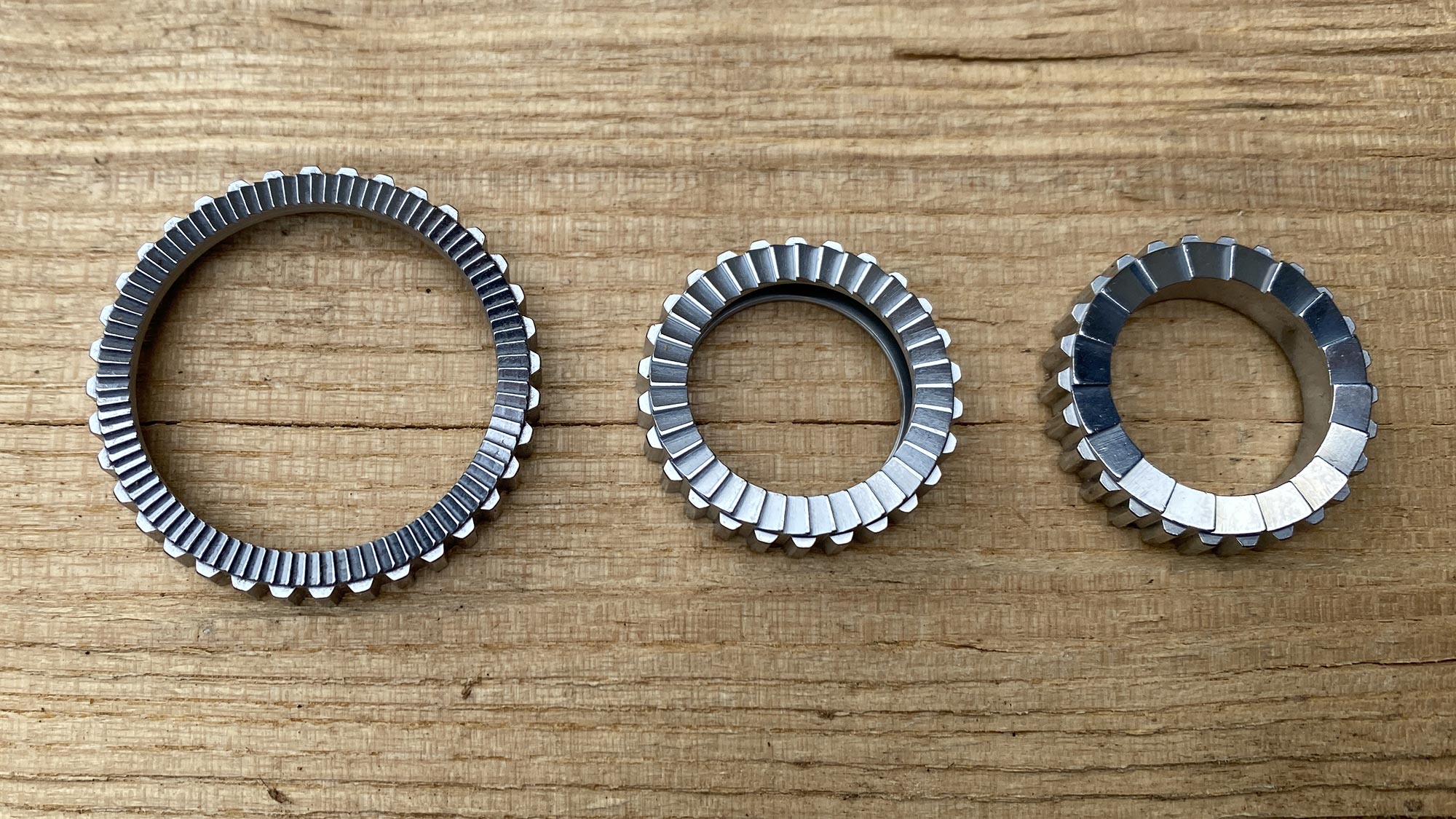
The premise is simple.
Many more mountain bike hub makers have in recent years developed faster-engaging hubs. And more mountain bikers have decided they want more POEs (points of engagement) in their hubs. DT Swiss had generally refrained from more. Because with their Ratchet system it meant smaller teeth, which negated much of the positive full engagement and bulletproof durability that comes from their iconic Star Ratchet design in the first place (vs. the more flimsy pawl solution).
But with Hope Pro 5 now offering 108 POEs, Qvist 120 POE, Zipp 3Zero Moto 132 POE, Project 321 G3 288 POEs, and Industry Nine Hydra a whopping 690 POE through various freehub systems (to name just a few)… DT Swiss felt they kinda needed to catch up. But only if they could retain the ratchet reliability that makes it the most-copied freehub system these days.
DT already offers a 54T upgrade kit for those looking for faster engagement than their standard 36T performance hubs. But they needed more.
How does it compare to a standard DT hub?
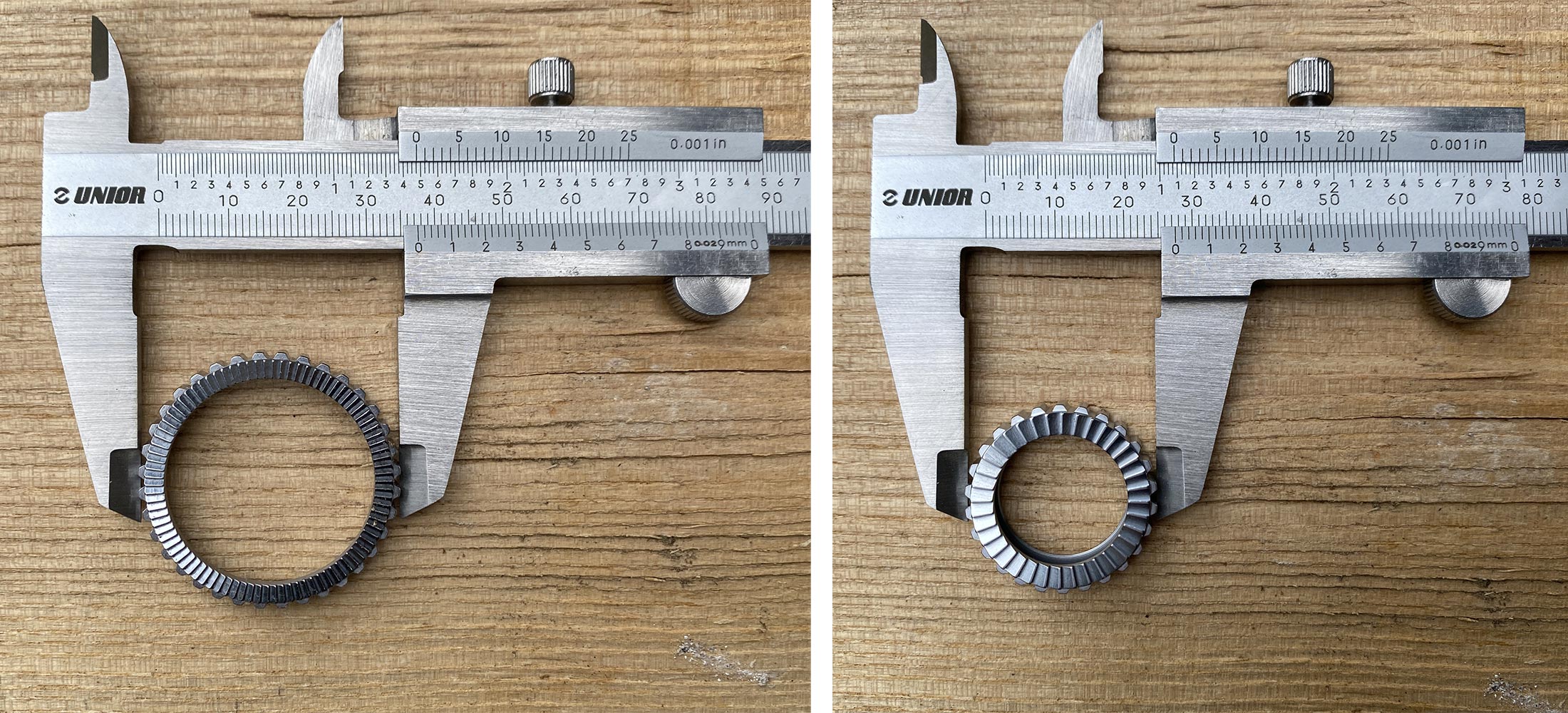
In order to get more teeth, without making them smaller, DT decided to increase the overall size of the Ratchet ring itself. Of course, that means it’s not a simple upgrade to existing hubs, but needed an all-new hub shell design.
The new hardened steel DT 240 DEG ratchet rings are 10mm larger in diameter than their original star ratchet. That means that the 90-teeth on the Ratchet DEG ring are the same size as the 54-teeth on the upgrade Ratchet & Ratchet EXP rings. That means you get the same strength and durability, but with much faster engagement.
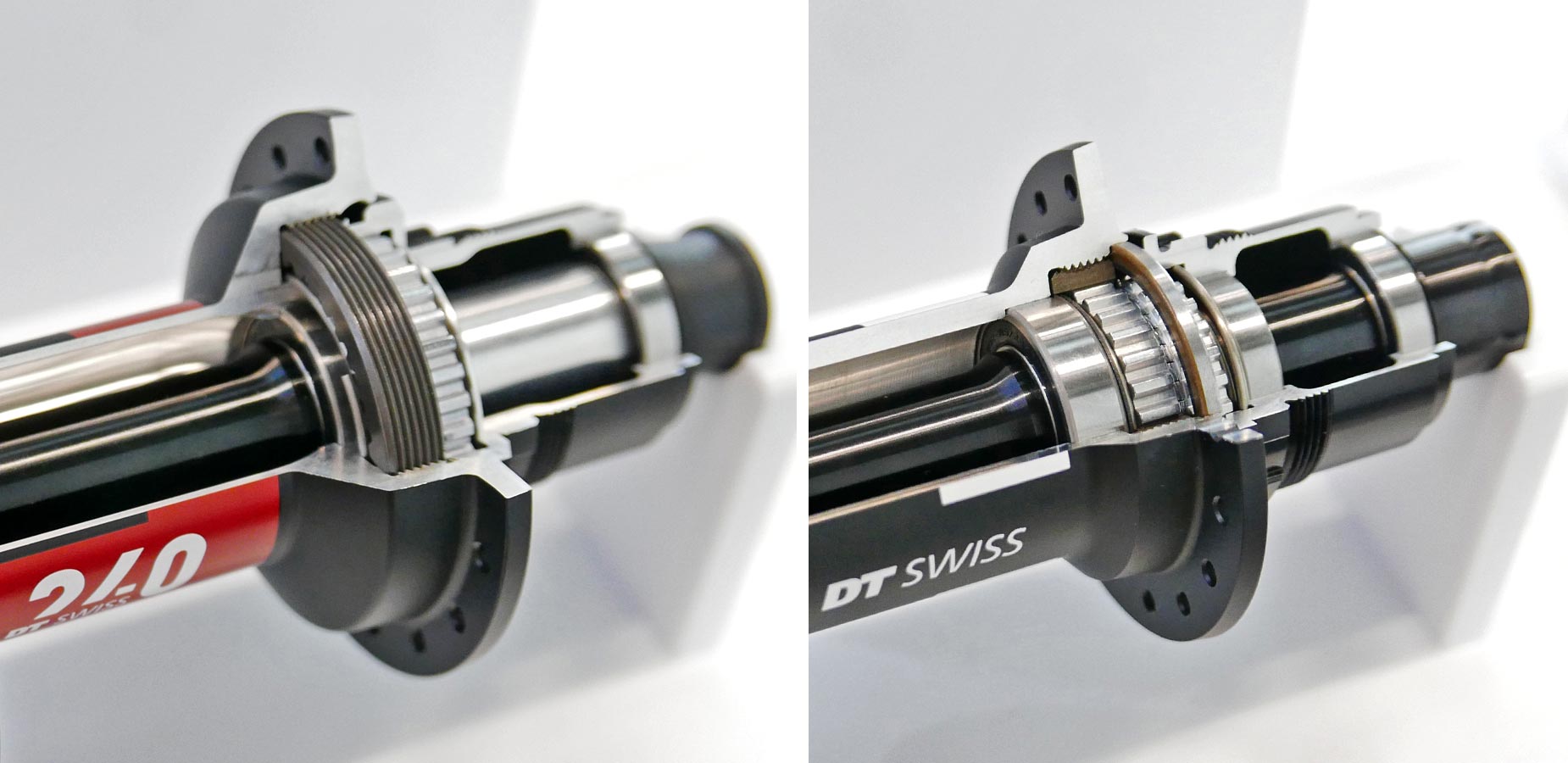
A side benefit of the new, bigger diameter Ratchet DEG rings is that the 240 DEG hub has slightly wider bearing spacing and the hubs are easier to service.
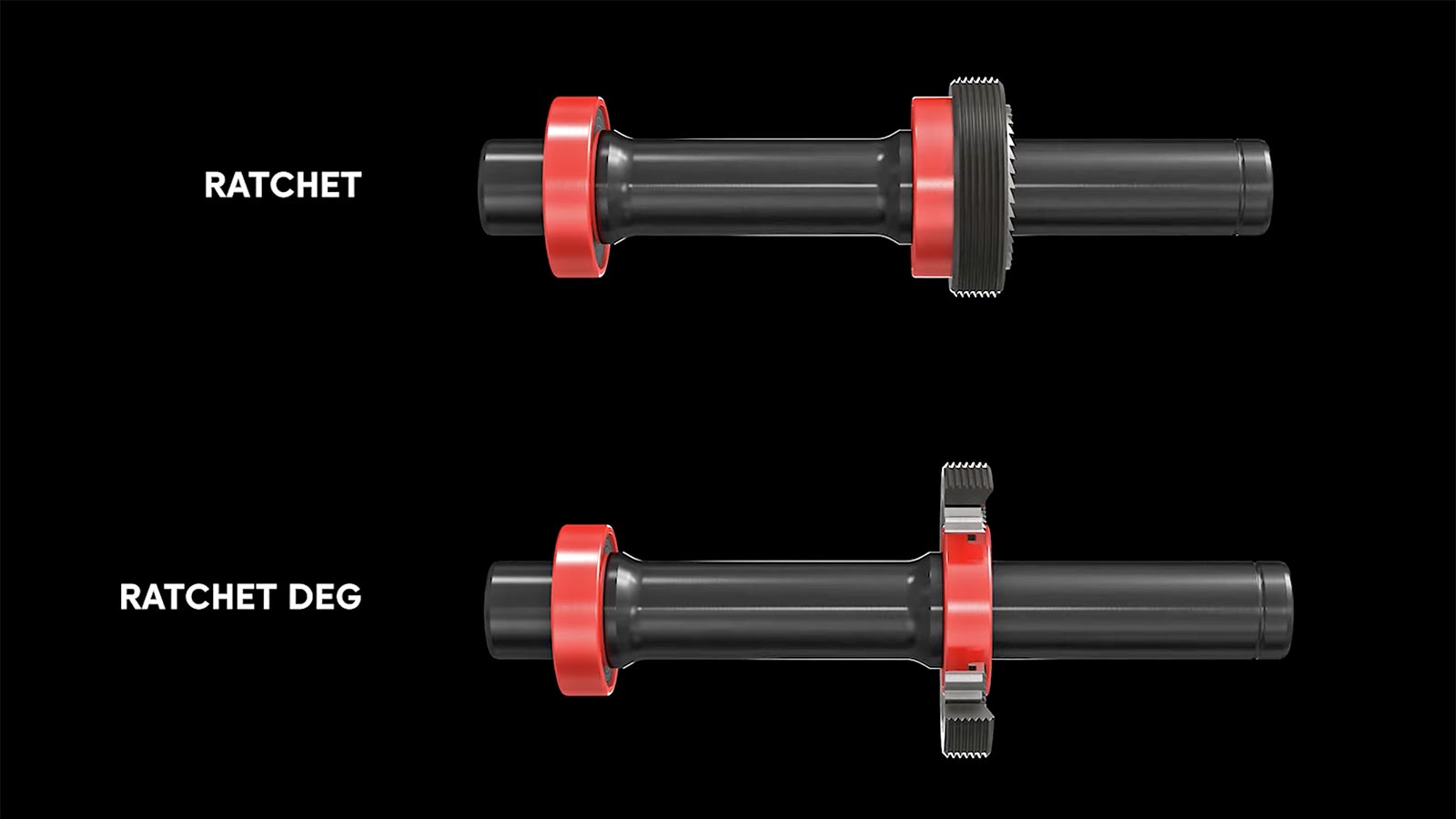
The wider spacing works because the outer driveside bearing now fits inside of the ratchet. And since you don’t need to remove the ratchet’s threaded ring to get to that bearing anymore, it can be removed for servicing without any specialized tools.
The only real downside (besides it not being backwards compatible) is that the 240 DEG hub is slightly heavier. DT says a new 240 DEG 90T weighs 270g vs. a comparable standard flange 240 EXP 36T hub at 225g – just a 45g weight penalty for almost 3x as fast engagement.
But wait, do I actually need faster engagement?
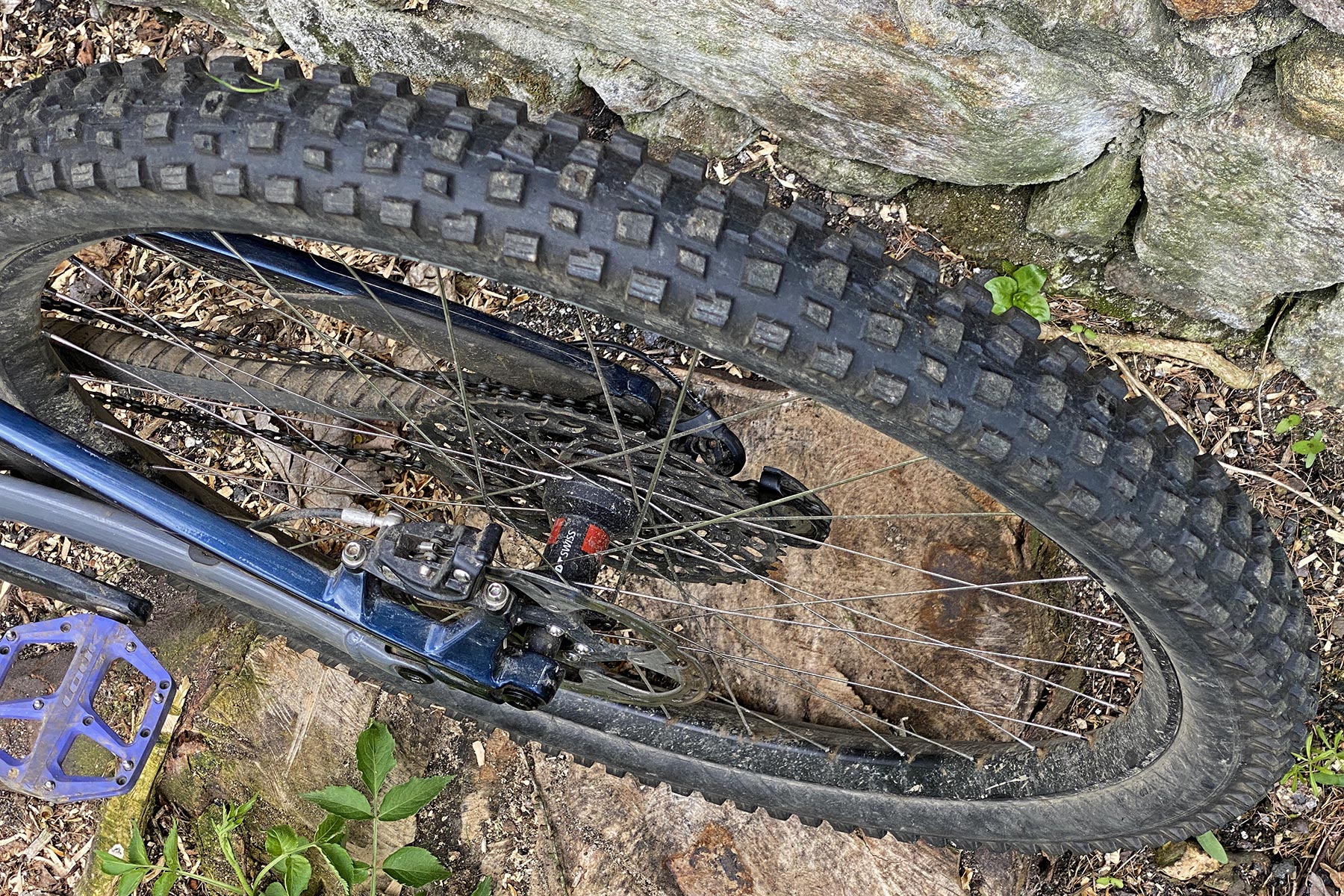
The obvious first qualifier here is… do you really need or even want faster hub engagement?
Generally speaking, road and gravel riders are perfectly well served with 36T engagement. More POEs means faster response from coating to putting down power to the rear wheel, but a bit more drag. Really, you only want or need more POEs if you are riding more technical terrain or prefer a more connected feel in your drivetrain, to have your bike jump the instant you stomp on the pedals. But of course, faster engagement also does some wacky feedback with full-suspension bikes (especially big travel & high-pivot bikes) to the point that Ochain exists to put some slack back in your drivetrain.
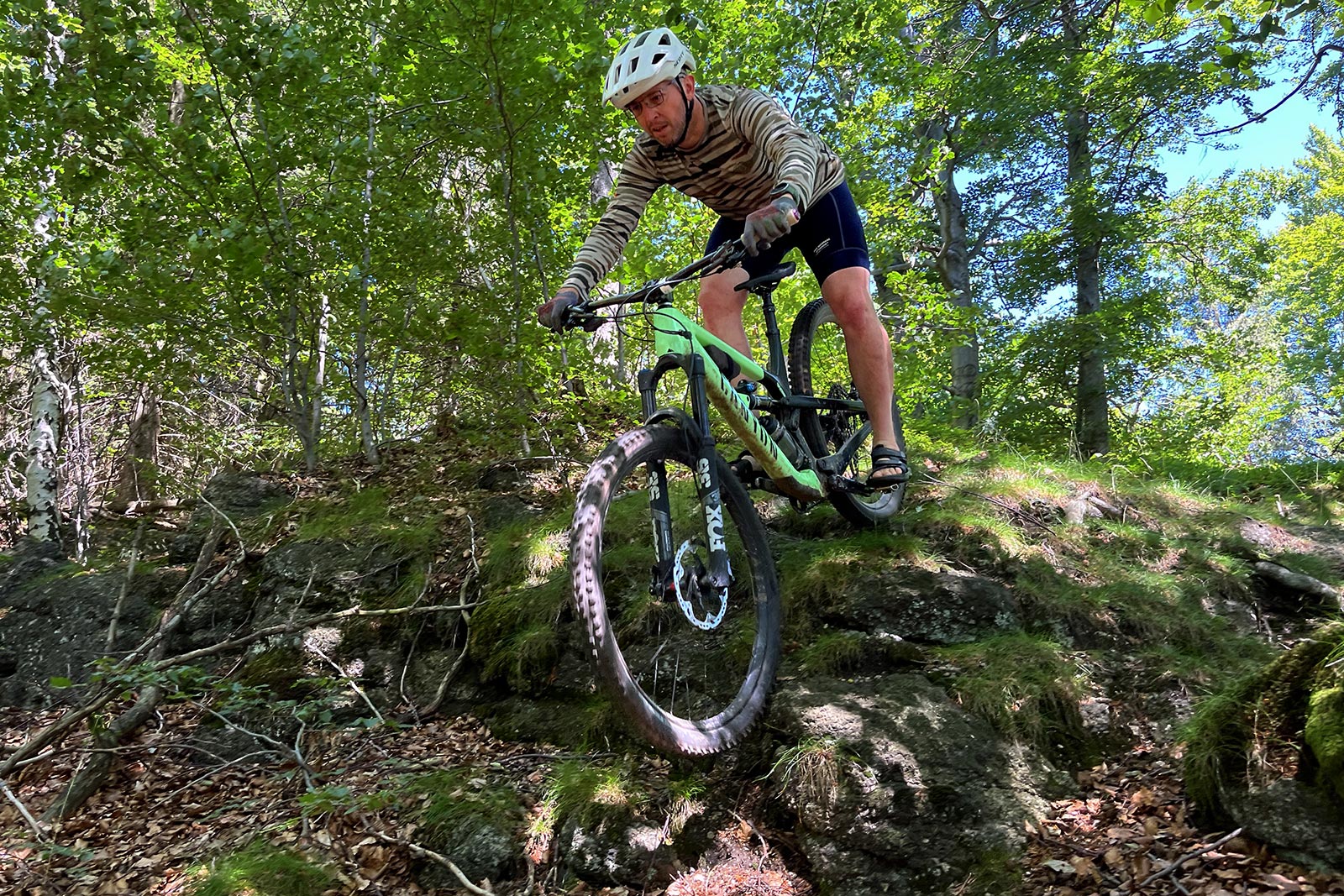
I can say that personally, I have gotten used to 36T/10° engagement as the performance standard. And I am happy with that. But I ride a lot of steep and rocky technical trails where I need to often quickly ratchet on the pedals to get up over an obstacle or through an especially tight section of trail. In those instances, the 90T/4° DT Swiss 240 DEG hub was a big functional improvement.
Riding with the DT Swiss 240 Ratchet DEG hub
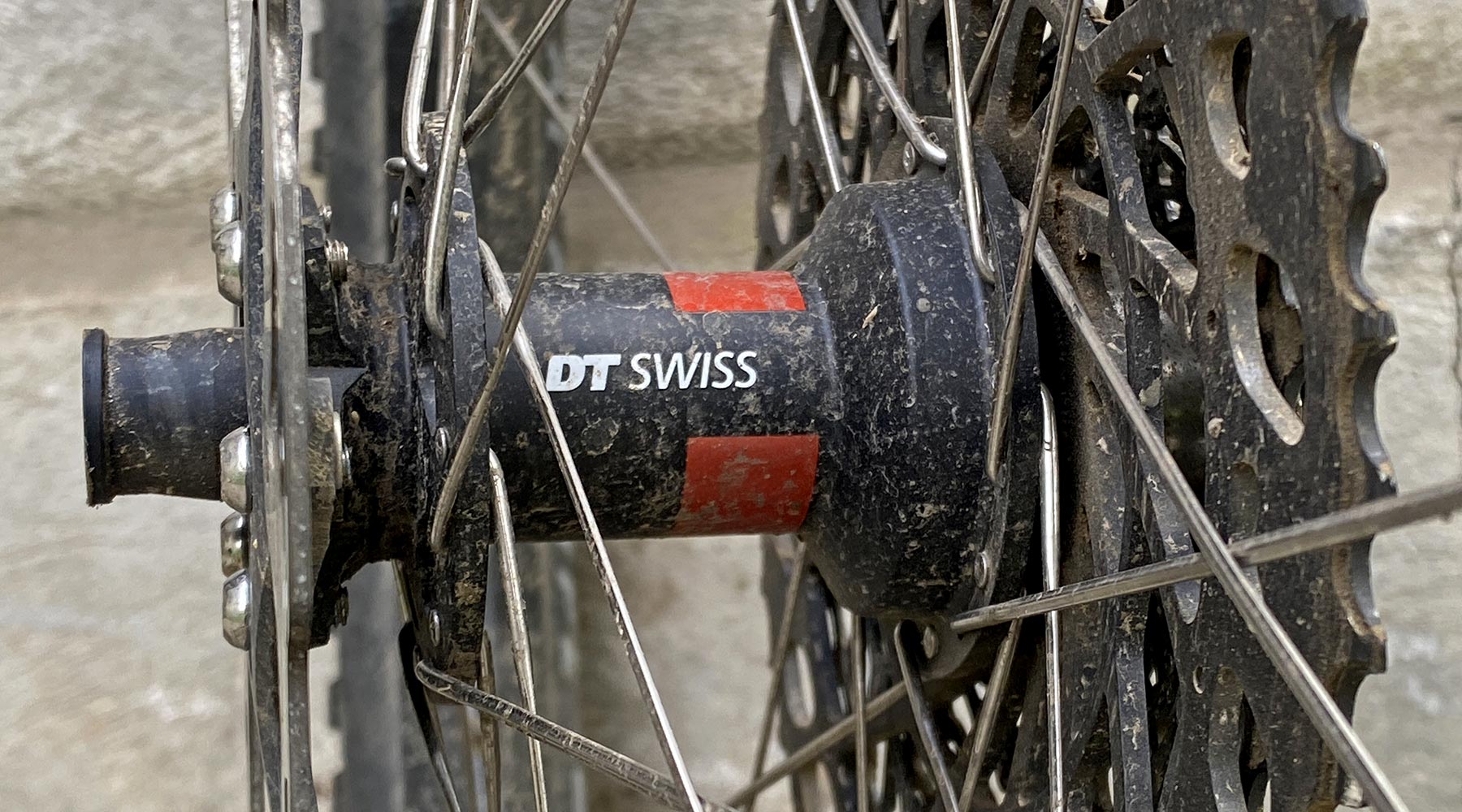
We rode the new DT Swiss 240 Ratchet DEG hub hard, built into a 30mm internal XM481 alloy rim with 32 spokes for more than half a year, starting in the middle of winter. I put it in 2 different hardtails – 1 trail & 1 enduro – and 2 full suspension bikes – 1 120mm trail bike and 1 150mm all-mountain bike.
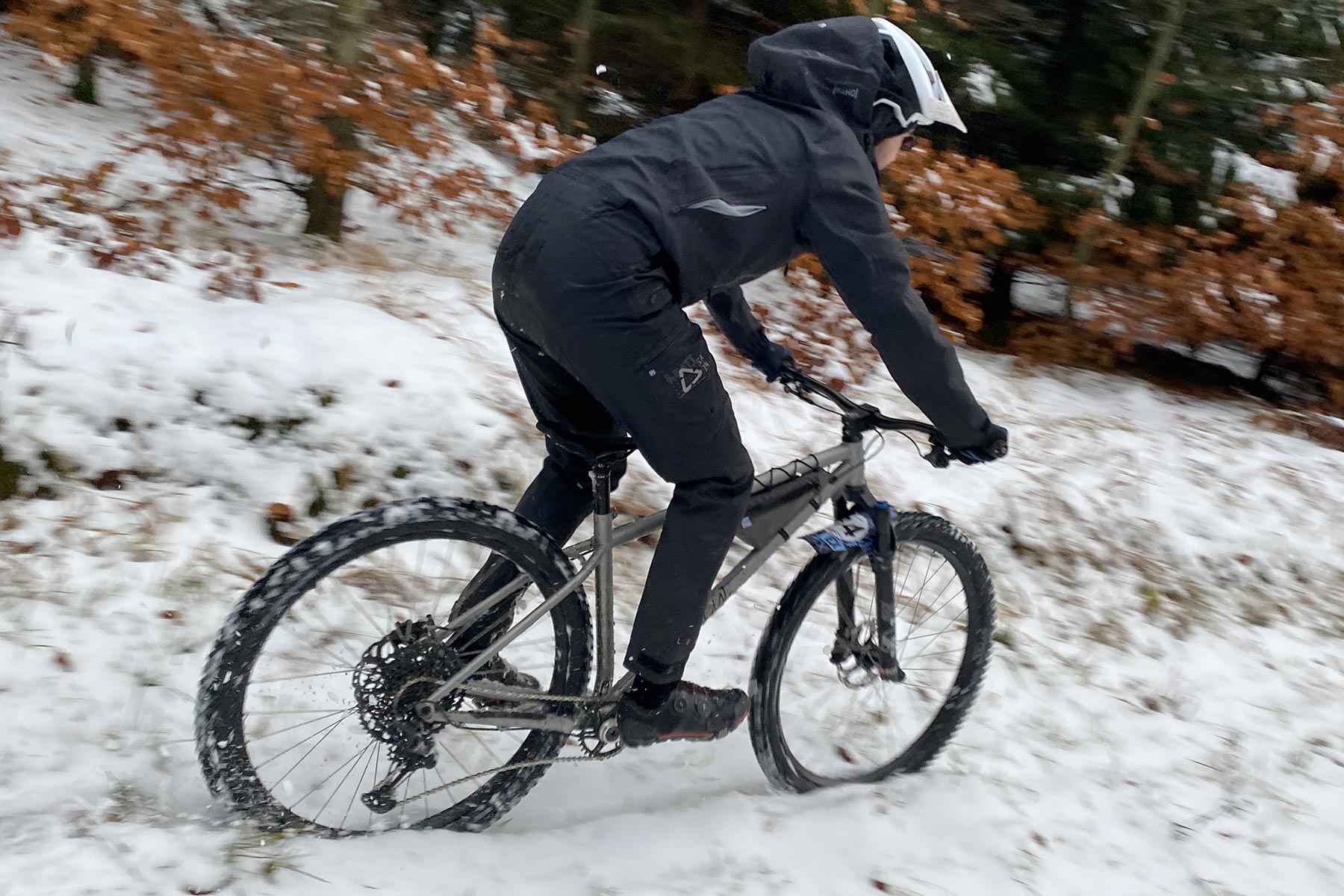
And we rode it in mud, snow, ice, and eventually sunny blue skies, never servicing the hub beyond occasionally rinsing off the whole bikes. (We were trying to see how it fared in bad conditions, not just trying to neglect our bikes.)
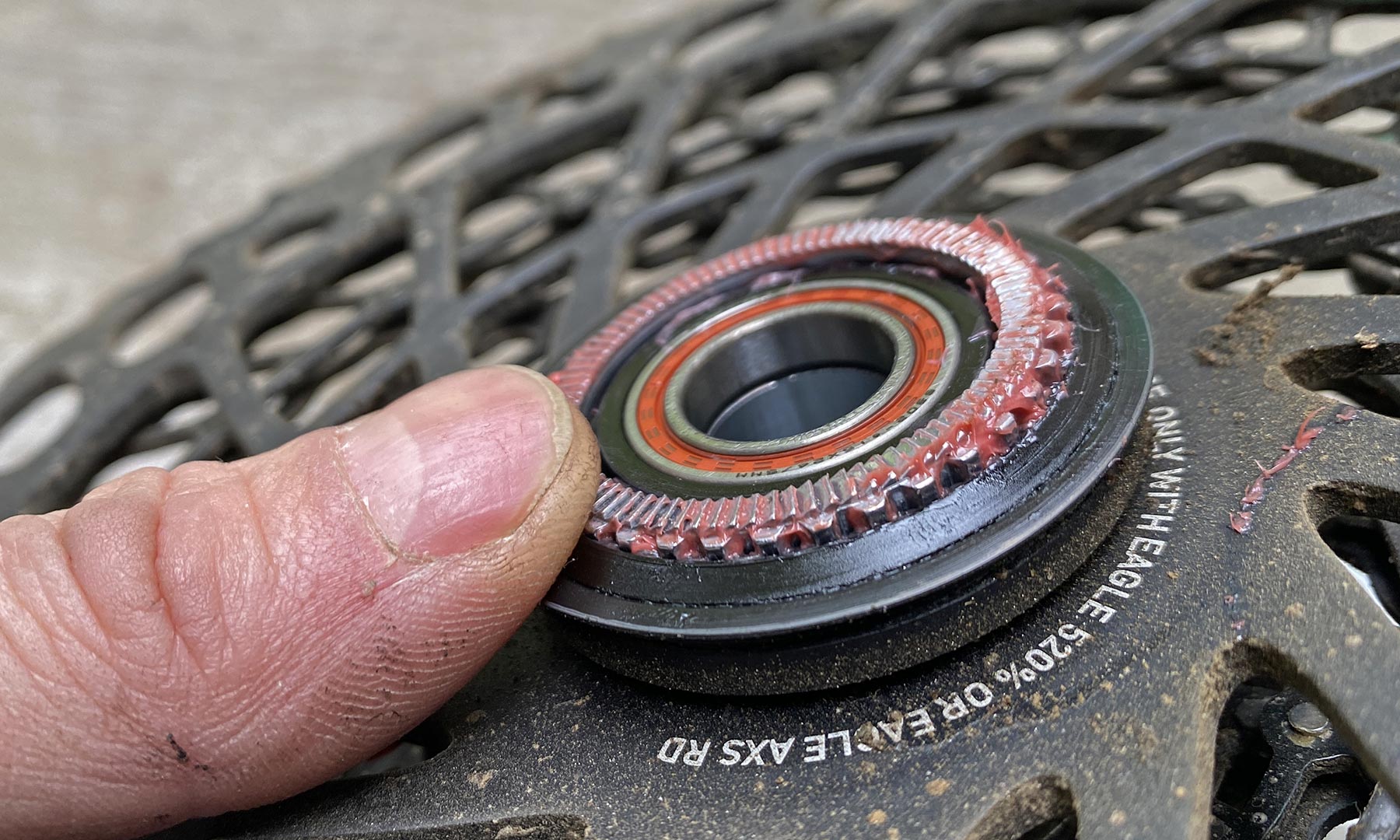
The hub worked flawlessly the entire time. And when we opened it back up half a year later to send back to DT so they could see how the hub internals looked, the grease was still clean and even, and engagement was as smooth as ever.
Faster engagement takeaways
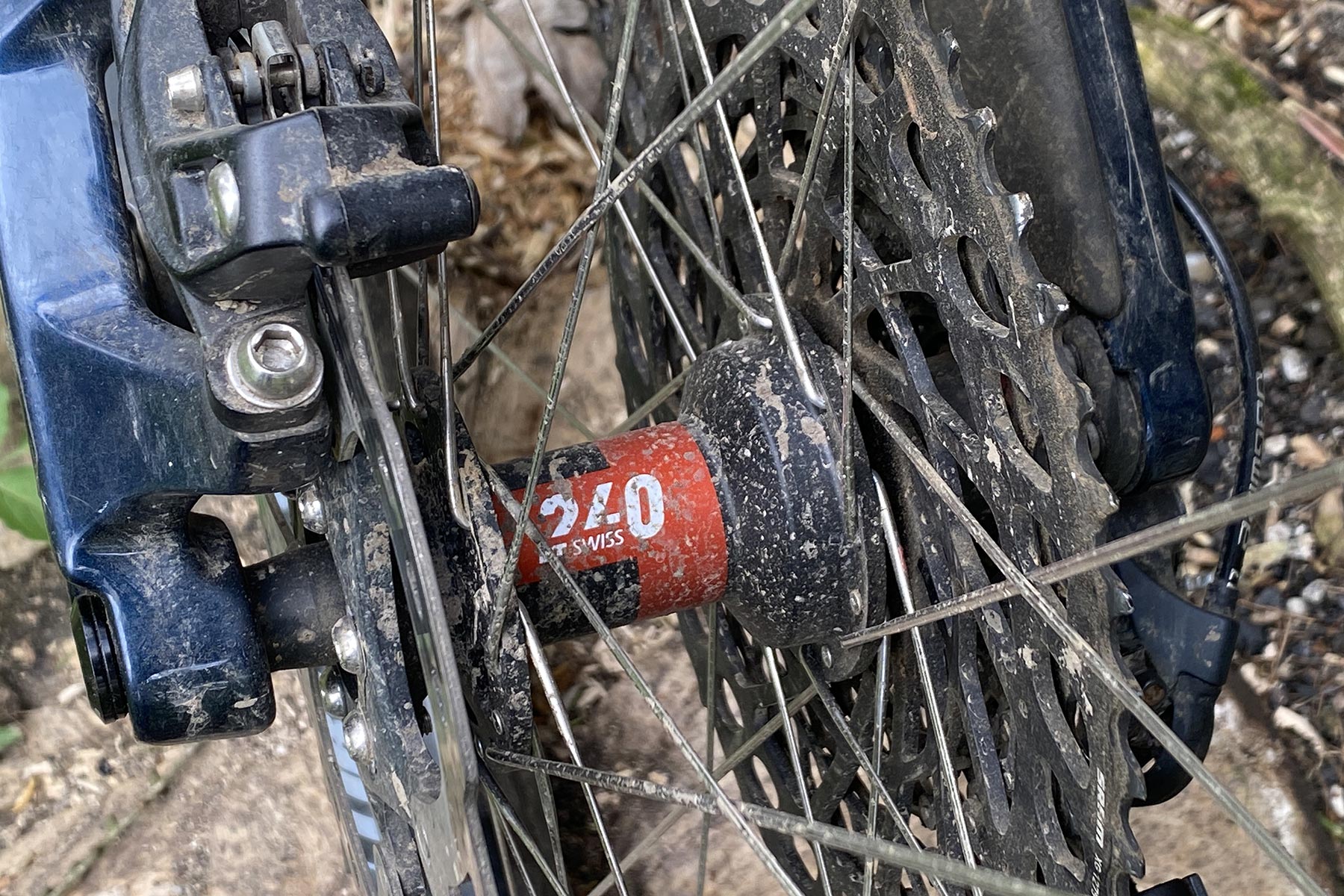
While riding, the difference in faster engagement vs. the standard 36T ratchet was immediately noticeable. The 36T/10° movement translates to 30mm at the pedal vs. just 12mm for the DEG 90T/4° movement. It’s enough difference that a bike instantly felt more responsive when we swapped the wheels over to the 240 DEG.
With that said, I liked the 240 DEG hub’s engagement a lot. But I don’t feel the need to ditch my old wheels just because of their slightly slower hubs.
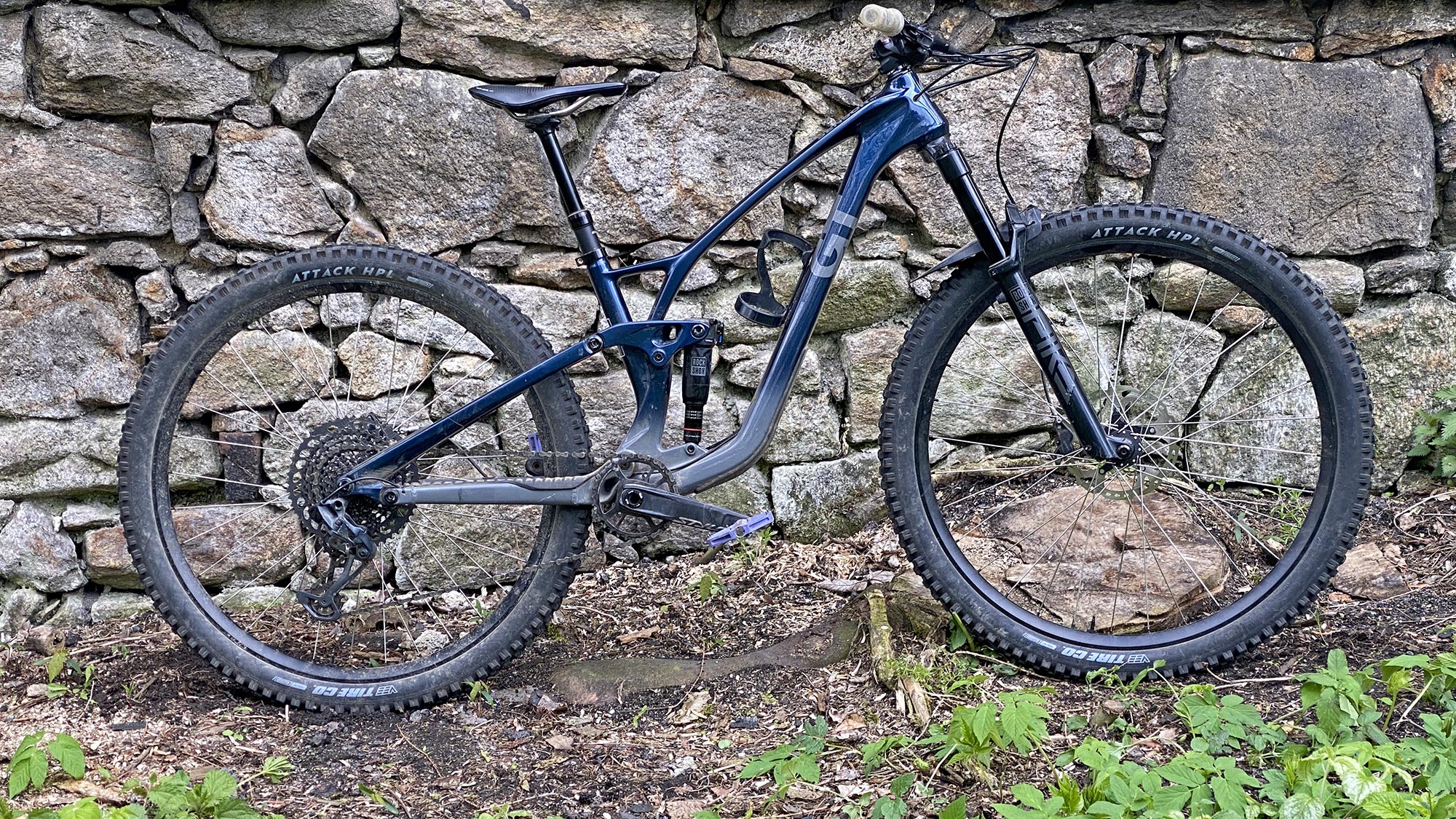
However, the next mountain bike wheelset that I build WILL for sure have a DT 240 DEG hub in it. I don’t ride any bikes with real pedal kickback issues, so the faster hubs with proven DT Swiss reliability will be a welcome addition to my MTB stable. And in the meantime, I think I’ll look at upgrading my current DT Swiss Ratchet & Ratchet EXP mountain bike hubs to their 54T/6.6̅° ratchets which should split the difference between the 90T & 36T ratchets I have been riding.
DT Swiss Ratchet DEG – Pricing, options & availability
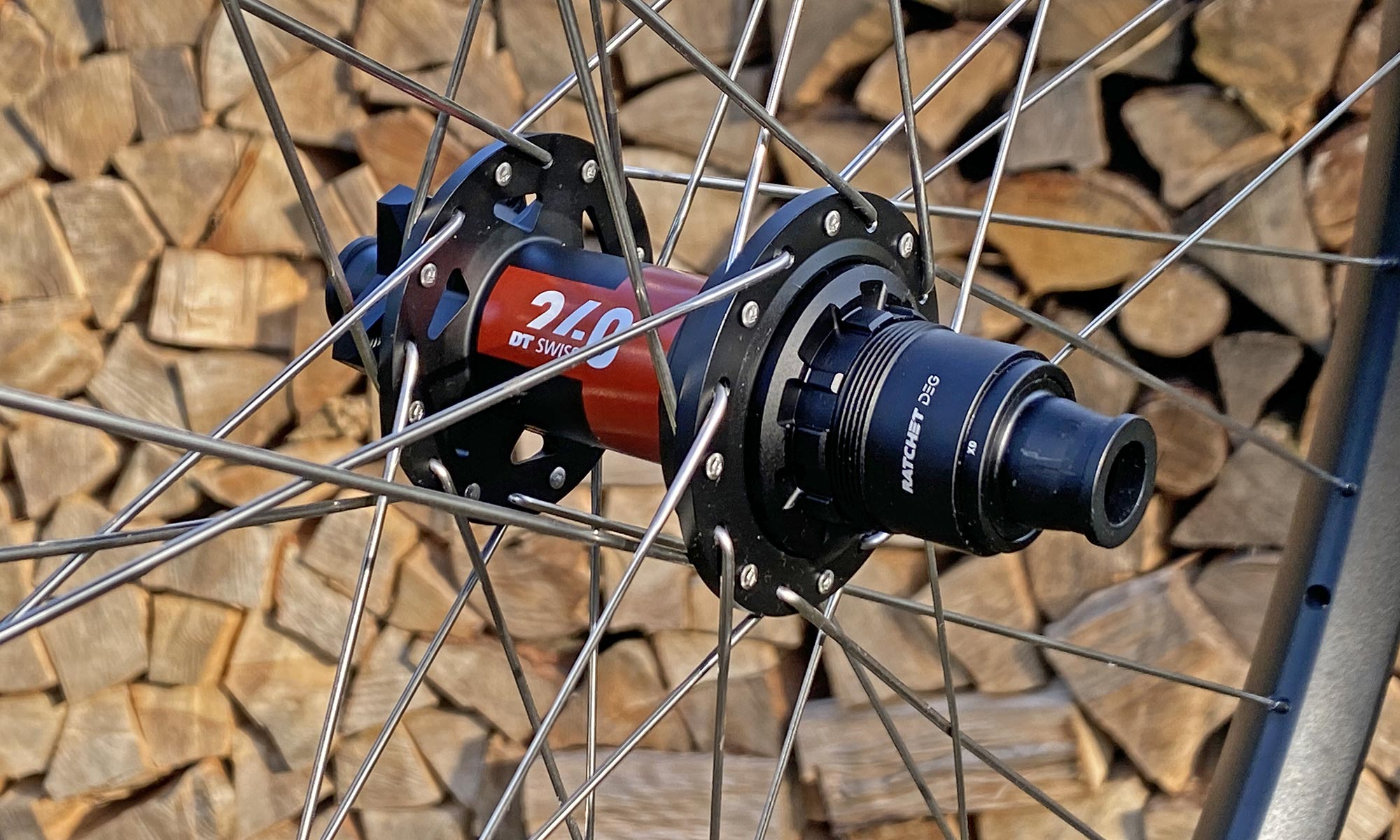
For now, DT Swiss is only making the new 90T Ratchet DEG faster engagement system available in a single hub line – the $500 / 377€ 240 DEG rear hub. Their thinking is that the weight weenies who buy 180 hubs don’t want the weight penalty, and the 350 & 370 buyers are looking more for lower prices. You can only get the DT 240 DEG hubs in 6-bolt classic flange for J-bend spokes (28- or 32-hole drilling) and MTB spacing – 12mm thru-axle Boost or Super Boost. The 240 DEG does of course require its own special freehub bodies, but those come in Shimano MicroSpline or SRAM XD. Sorry no HG option, so limited compatibility beyond the latest 12-speed MTB groups from Shimano & SRAM.
There are already a few new pre-built premium carbon mountain bike wheels that feature new 90T engagement hubs too. The latest DT Swiss carbon 1200-series wheels offer two options that feature Ratchet DEG engagement inside special straight-pull 180 DEG hubs. For $2912 / 2500€ you can get a set of 1540g XMC1200 all-mountain wheels or 1801g EXC1200 enduro wheels.
And the slightly more affordable carbon XMC & EXC 1501-series offer a bit heavier builds with special straight-pull 240 DEG hubs for almost $900/800€ less.

